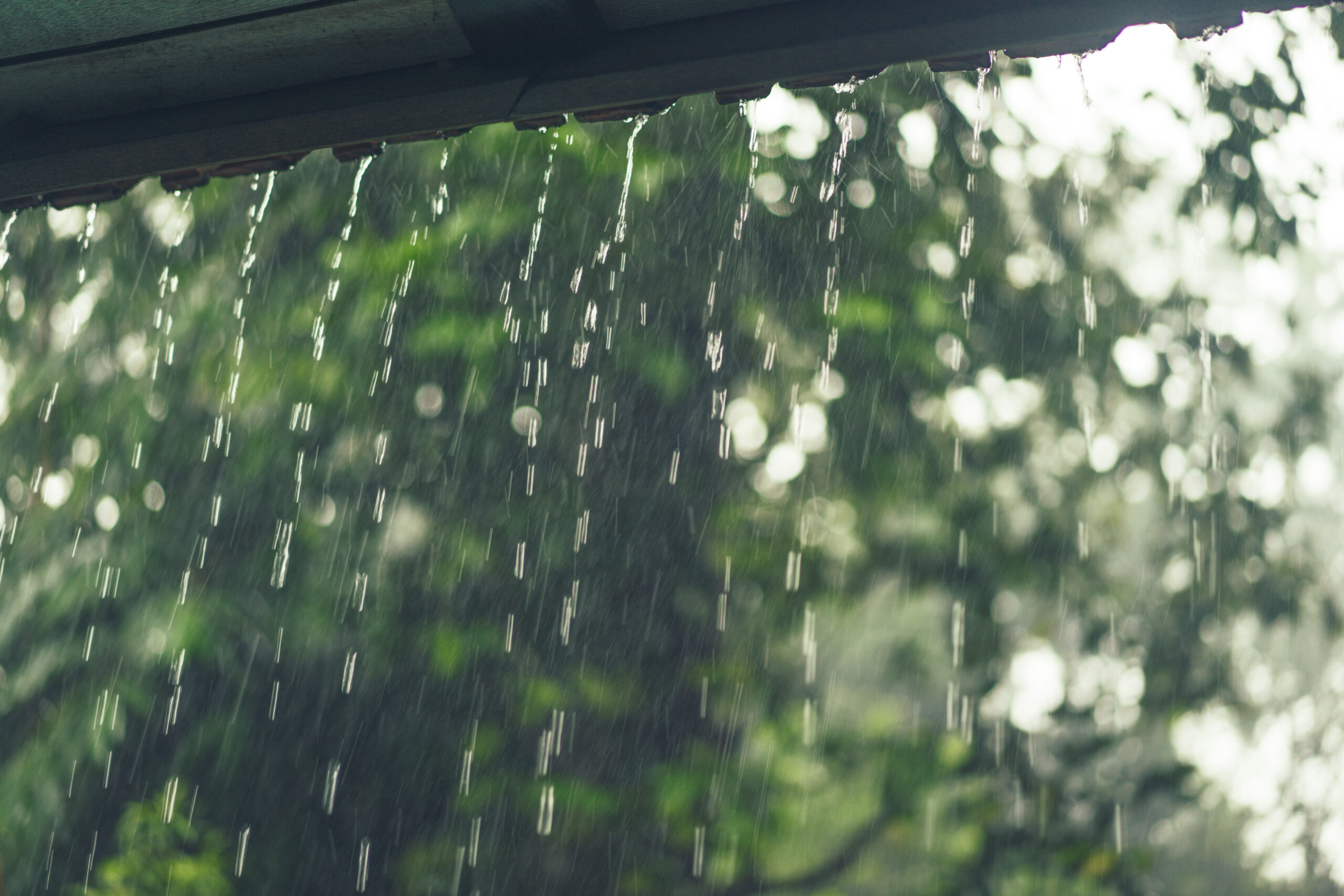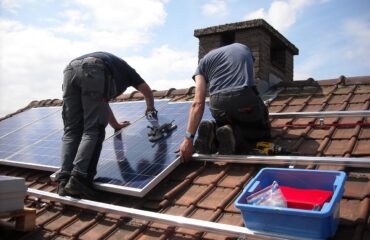During a roof replacement, rain can impact the protection of roofing materials, worker safety, project timelines, water damage prevention, and communication with contractors. It is essential to cover materials with waterproof tarps, store them in dry areas, and work in sections to minimize exposure to rain. Safety precautions, including proper PPE and training like our expert roofers in Austin, should be in place to prevent accidents. Rain may cause delays, affect work quality, and lead to water infiltration, emphasizing the need for proactive measures and effective communication between all parties involved.
Roofing Material Protection
Ensuring the adequate protection of roofing materials is vital during a roof replacement project, especially when faced with inclement weather conditions such as rain. Proper covering of the materials with waterproof tarps or sealants is essential to prevent water damage and maintain the roofing system’s integrity. Moreover, storing materials in a dry, covered area before installation can help prevent moisture absorption, which may weaken the materials. It is advisable to work in sections, only exposing the materials that can be installed before the forecasted rain. By implementing these protective measures, contractors can minimize the risk of damage to roofing materials and guarantee a successful roof replacement project, even in challenging weather conditions.
Safety Concerns for Workers
Safeguarding the well-being of workers is of utmost importance during any roofing project, including roof replacement tasks carried out in the presence of rain. Rain can create risky conditions on a roof, increasing the danger of slips and falls for workers. Workers should be equipped with suitable personal protective equipment (PPE), such as non-slip footwear and fall protection gear to ensure safety. Moreover, proper training in working in wet conditions is vital to reducing risks. Regular safety inspections of the work area should be conducted to promptly identify and address potential hazards. Adequate communication among team members regarding safety protocols and emergency procedures is essential to maintaining a safe working environment during roof replacement in rainy weather.
Potential Delays in Project Timeline
Adverse weather conditions like rain can delay the project timeline for roof replacement tasks. Rain can make workers unsafe on the roof, causing work to halt until conditions improve. Furthermore, wet conditions can affect the quality of work, such as proper adhesion of materials like shingles or sealants. When rain interrupts the roofing project, it may extend the overall timeline, affecting the completion date and potentially incurring additional costs. Contractors must carefully monitor weather forecasts to plan accordingly and minimize the impact of adverse weather on the project timeline. Effective communication between the roofing contractor and the homeowner is essential to manage expectations during such delays.
Water Damage Prevention Measures
To prevent water damage during roof replacement, implementing proactive measures is essential to maintaining the structure’s integrity. First and foremost, verify that the roofing contractor uses waterproof coverings such as heavy-duty tarps to shield the roof from rain. It is vital to check that these coverings are securely fastened to prevent water infiltration. Moreover, ensure that any openings or vulnerable areas are sealed off to avoid leaks into the interior of the building. Regular inspections during the replacement process can help promptly identify and address any potential water entry points. By taking these precautionary steps, you can minimize the risk of water damage and protect your property during roof replacement.
Communication With Roofing Contractor
During roof replacement, clear and effective communication with the roofing contractor is crucial to guarantee the successful execution of the project and minimize potential disruptions.
– Schedule regular progress updates to stay informed about the project status.
– Discuss contingency plans in case of unexpected weather conditions.
– Address any concerns or questions promptly to make certain they are resolved in a timely manner.
– Maintain open lines of communication to foster a collaborative and productive working relationship between all parties involved.
Other Roofing Tips:





